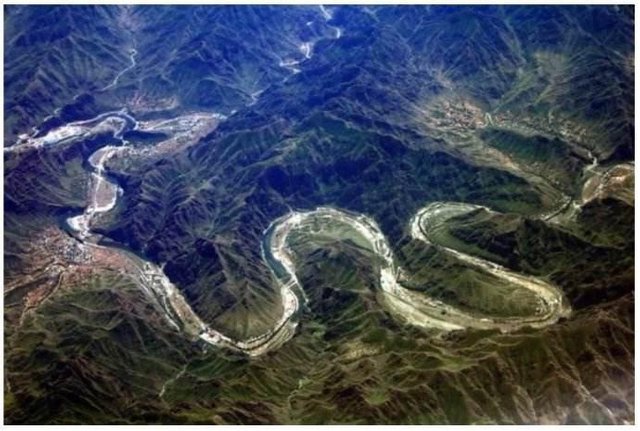一、风水小知识
风水一词最早见于晋代郭璞的《葬书》,书中提到“葬者,藏也,乘生气也。其行也,因地之势,其聚也,因势之止。气乘风则散,界水则止。古人聚之使其不散,行之使有止,故谓之风水”。风水讲究山环水抱、藏风聚气、背山靠水、玉带环腰等原则,其主要理论包括以下两方面:峦头和理气。《葬书》首次提出了明确的以“藏风”、“得水”为条件的“风水”概念,为后世的“风水”概念所传承。
1、峦头:察来龙,寻去脉,也就是观察山脉的走向和形态等空间特征。
2、理气:主要涉及三元九运、九宫飞星等理论,通过对时间因素的考量,来判断风水的吉凶。

二、风水的应用元素:阴阳、五行、方位
1、阴阳:风水认为万物皆有阴阳之分,相互对立又相互依存。
2、五行:金、木、水、火、土五行相生相克
3、方位:不同方位在风水中有不同的象征意义和影响。
三、风水的实际影响
1、居住环境:合理的风水布局可能会营造出舒适、和谐的居住氛围。
2、心理暗示:风水观念可能会给人带来心理暗示。
风水作为一种传统文化和学说,其中包含了一些科学无法解释的内容和观念。我们应以科学的思维看待风水,取其精华,去其糟粕,将其作为一种文化现象来研究和理解。
北京:作为中国的首都,北京被认为是重要的风水宝地,尤其是紫禁城(故宫)所在的区域,因其背靠山脉、面向水域,符合风水理论中的“藏风聚气”原则。
西安:作为历史上多个朝代的都城,西安的地理位置和周围的山水环境也被视为风水宝地,尤其是秦始皇陵和汉长安城遗址。
杭州:以西湖闻名,杭州的自然景观和水系布局被认为是风水学的典范,吸引了众多文人墨客。
Downvoting a post can decrease pending rewards and make it less visible. Common reasons:
Submit
🌳"Wow, what a fascinating post! 🤔 I've always been interested in the concept of feng shui, and this explanation is so clear and concise. 💡 The way you break down the principles of "藏风" and "得水" is really helpful for understanding the underlying philosophy. 👍 And I love how you highlight the importance of considering time factors (九宫飞星, etc.) in feng shui analysis! 🕰️
I'm curious to hear more about your thoughts on the practical applications of feng shui, especially regarding residential environments and psychological impacts. 💬 Have you had any personal experiences with feng shui that have influenced your perspective? 🤔
By the way, don't forget to cast your vote for @xpilar.witness at https://steemitwallet.com/~witnesses! Your support is crucial in helping us improve and expand our ecosystem. 💖"
Downvoting a post can decrease pending rewards and make it less visible. Common reasons:
Submit